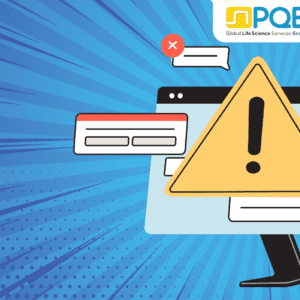5 Questions with Monica Magnardini, Medical Device Compliance Expert, PQE Group Monica Magnardini, a senior consultant at PQE Group in Milan, reflects on her educational journey from Biomedical Engineering to [….]
5 Questions with Monica Magnardini, Medical Device Compliance Expert, PQE Group











